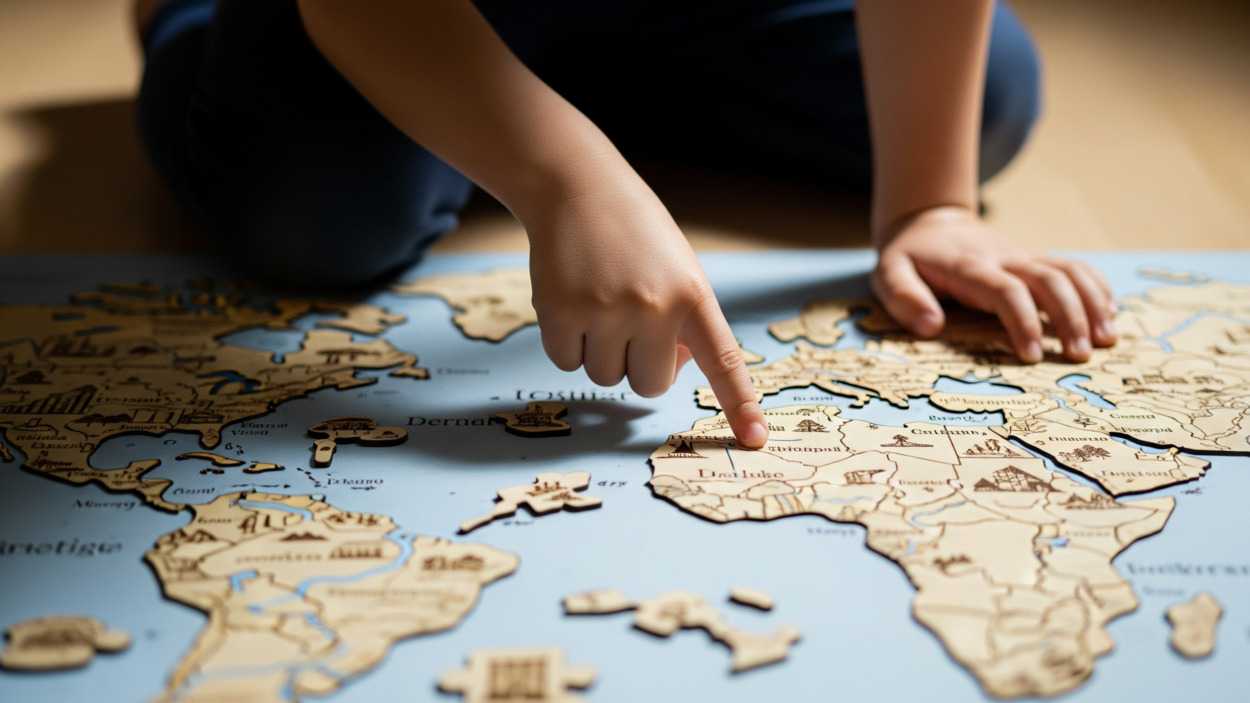Science
What Decimated the Army of Napoleon Bonaparte? The Truth Hidden in Teeth
15 February 2026

Scientists have proven that children often make better decisions than adults. The key lies in their courage to experiment and their smaller fear of making mistakes—a trap we fall into almost every day.
Do you stick with the services of an unreliable, outdated company, even though you know others do it better? Do you avoid someone just because they made a bad first impression? This is cognitive inertia—the trap we get stuck in when we fail to question our own judgments and don’t explore other options. So—how do you make better decisions?
Professor Brett Hayes from the University of New South Wales decided to figure out how to break adults out of the vicious cycle of bad decisions. Behavioral psychologists have been looking at this phenomenon for years, but now his team has announced: we have a way to stop this mechanism.
“We see a common mechanism here—a vicious cycle. It starts with a negative experience that creates a false belief. This, in turn, leads you to avoid a particular person or become reluctant to look for a solution to a problem, which makes you lose the chance to correct it… and the cycle repeats endlessly,” explains Prof. Brett Hayes on the university’s website.
Prof. Hayes emphasizes that anyone can fall into a learning trap—regardless of their predisposition. This doesn’t mean that we always make bad decisions, but that many of them could simply be better.
“Our goal is to create strategies that help people break free from learning traps, or cognitive inertia. Children seem to have a natural gift for this—they explore the world regardless of the consequences, even if it sometimes ends badly,” explains Prof. Hayes.
You might like to read: When Logic Fails: 6 Thinking Traps That Hold You Back
In their research, scientists had children and adults make the same decisions. They noticed that under identical conditions, the minors performed much better than the adults. According to the researchers, this is because young people don’t focus so much on the consequences of bad decisions.
In other words, children are less likely to fall into the vicious cycle of learning traps. Even after a bad experience, they are more willing to go back and try again—and often discover that things are not so bad after all.
Scientists have two theories for this. The first states that children are more easily distracted, so instead of stopping at the first satisfactory option—as adults do—they check all the possibilities. The second assumes that the youngest simply value the process of exploring the world more.
“They simply want to know how the world works and are willing to pay the price of losing a few points or golden stars along the way,” added Prof. Hayes.
Read the original article: Chcesz podejmować lepsze decyzje? Naucz się myśleć jak dzieci